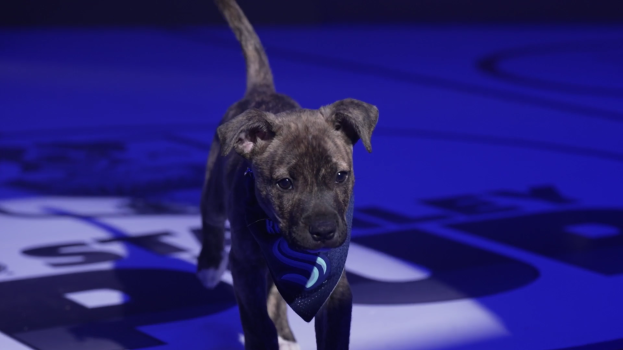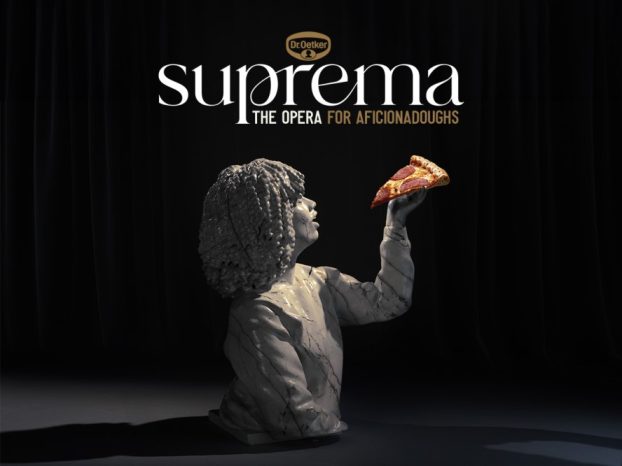By Pamela Divinsky and Jon Duschinsky
The days when companies could get away with being disrespectful to customers are fading away. In the age of the conversation, where the voice of one can quickly and effectively magnify into the condemnation of the many, companies feel the heat of being watched and talked about all the time. So brands have become increasingly aggressive about reputation building. Call it cause marketing, corporate social responsibility, sustainability or even brand management – the result is that a contemporary marketing director without a social cause is like a hipster without an independent coffee shop.
Dove champions “Real Beauty,” Starbucks funds scholarships, Becel supports heart health; Honey Nut Cheerios is all about saving the bees (pictured above), Procter & Gamble supports moms, Cirque du Soleil is for water. The brand marketing equation of “brand + social cause” is now standard operating procedure.
The challenge is that we can experience all of this as marketing and, as such, invest no respect in the brand, nor any attentiveness to the cause. Indeed, some companies have actually shone a light on their own duplicity – and been outed for it.
Faced with competing demands and interests, and a world of skeptical watcher-consumers, what are companies to do? How can they possibly earn our respect, admiration or loyalty?
Companies need believability. It is the only real competitive advantage that matters. When you believe someone, you trust them, and when you trust them you will support them, purchase them, and be more inclined to be loyal whenever there is an inevitable bump in the relationship road. Believability is the key ingredient to building enduring relationships with the people who buy things, and enduring relationships are the key to profitability and success.
But believability cannot be bought. It has to be earned. So how do you do that?
Step away from the marketing
Believability is not a marketing problem, so don’t try to fix it with marketing. No amount of memorable advertising is going to overcome questionable actions, or actions that tell a dramatically different story from your words. Do something substantive that actually makes a genuine difference – then invite people to engage in it with you.
Try a little honesty
Every business is a system, and no system (particularly ones that involve human beings) is flawless. You will mess up. So to gain believability, start by being honest internally to identify and mitigate the risk areas. And then when it does go wrong, get out in front and be honest, no matter how complicated the issue may be. You’ll earn respect by not treating your audience as idiots, and being honest buys you the trust, permission and time to get it right.
Stand for something
Believability is ultimately about coherence and authenticity. And that’s about more than smart marketing and being on message – it’s about defining why what you do in the world actually matters. How does your business actually improve the lives of people rather than just selling things to them?
We call this defining what you stand for and have found it to be the single most powerful tool in helping companies build the competitive advantage that comes from believability. When people know what you stand for, they will stand with you – even when you err.
Your stand becomes the centrepiece of all that you do and say. Knowing and being able to articulate the core truth of your company is the only way to ensure that your whole organization operates and communicates in a way that is coherent and consistent. And that is how you demonstrate credibility and earn believability.
Believability is your competitive advantage. Give people something they can believe in and create conversations of respect and amazingness.
 Pamela Divinsky is founder of The Divinsky Group and Jon Duschinsky is founder at The Conversation Farm.
Pamela Divinsky is founder of The Divinsky Group and Jon Duschinsky is founder at The Conversation Farm.
























